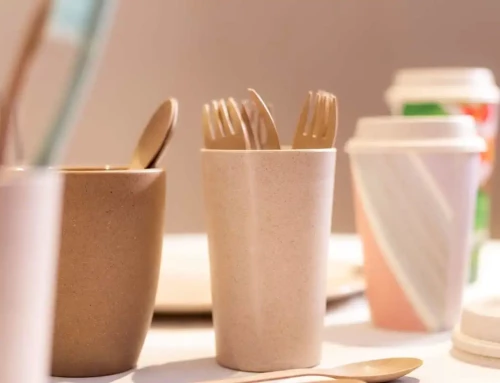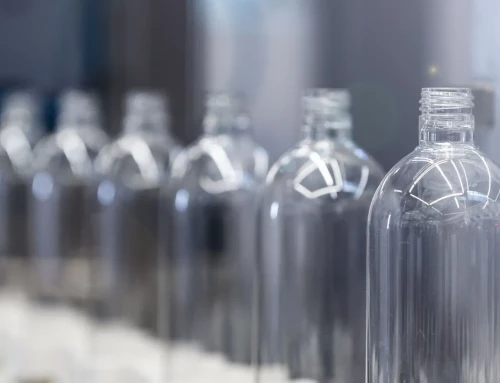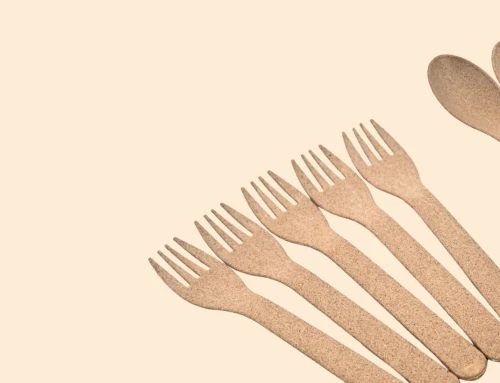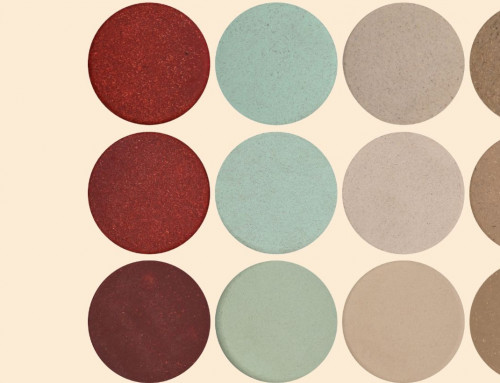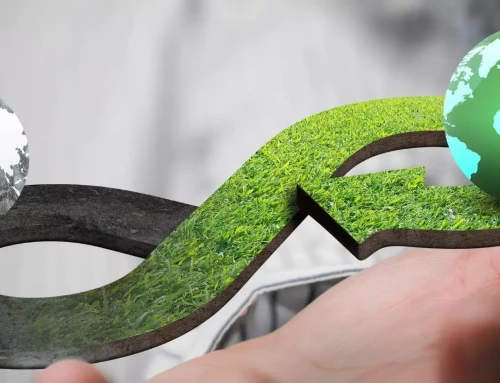Bioplastics are made wholly or in part from renewable biomass sources such as sugarcane and corn, or microbes such as yeast. Some bioplastics are biodegradable or even compostable, under the right conditions. term bioplastic can be applied to any plastic material that is primarily derived from renewable organic materials, such as corn starch. Other biomass sources include milk, tapioca, and vegetable fats. Unlike conventional plastics—which are made through the distillation and polymerization of non-renewable petroleum reserves—bioplastics present us with ecological advantages that can help reduce pollution of natural ecosystems and shrink our energy footprint. the consumption of petroleum for the production of plastic is expected to decrease by 15–20% by 2025. Currently, bioplastics market growth is at 10% annually covering approximately 10–15% of the total plastics market. (https://www.sciencedirect.com/topics/engineering/bioplastics). The most common biobased plastics include:
• Starch-Based Bioplastics: Simple bioplastic derived from corn starch. They are often mixed with biodegradable polyesters.
• Cellulose-Based Bioplastics: Produced using cellulose esters and cellulose derivatives.
• Protein-Based Bioplastics: Produced using protein sources such as wheat gluten, casein, and milk.
• Aliphatic Polyesters: A collection of biobased polyesters including PHB (poly-3-hydroxybutyrate), PHA (polyhydroxyalkanoates), PHV (polyhydroxyvalerate), polyhydroxyhexanoate PHH, PLA (polylactic acid), polyamide 11 (PA11). They are all more or less sensitive to hydrolytic degradation and can be mixed with other compounds.
• Organic Polyethylene: Polyethylene that has been produced from the fermentation of raw agricultural materials like sugar cane and corn, rather than fossil fuels.
We @ MynuscoTM are leading this frontier in India with our bioplastics developed from corn starch, rice husk, bamboo fibers, coffee husk, almond kernel, banana skin, etc. Asian markets are predicted to lead this segment because of high agricultural yield and associated waste. We @ MynuscoTM in India is working with our farmers and cooperatives to source this crop residue to develop our bioplastics platform.

